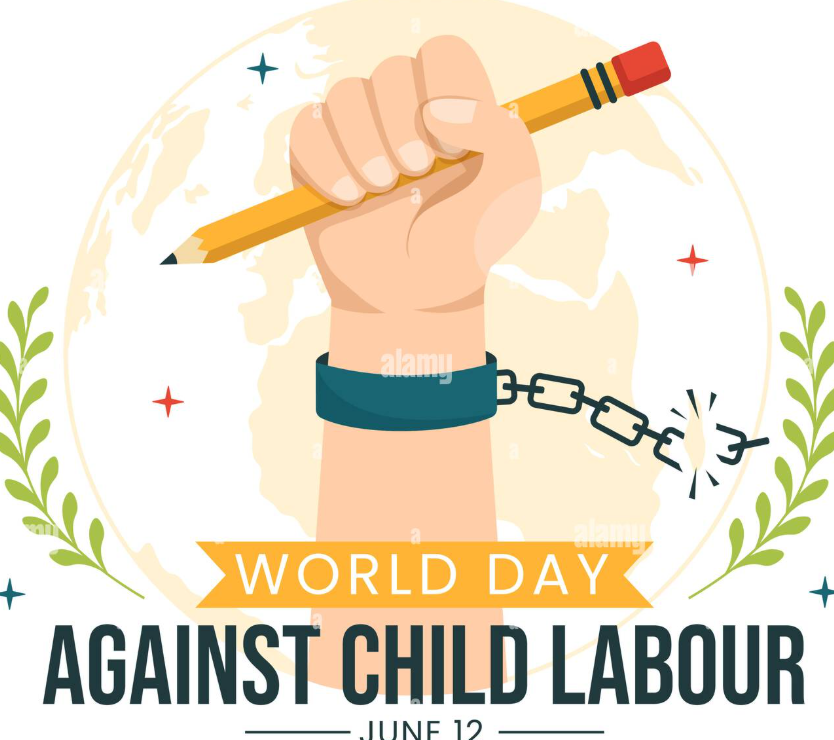Celebrated every year on June 12, the World Day Against Child Labour aims to raise global awareness against the exploitation of children and their employment under poor conditions. This special day emphasizes the need for collective action by individuals, institutions, and society to end child labour.
What is Child Labour?
Child labour is a fundamental violation of children's rights and poses a serious threat to their health, education, development, and well-being. According to UNICEF's 2024 data, millions of children worldwide are forced to work under harsh conditions. Official data from the Turkish Statistical Institute (TURKSTAT) shows that in Turkey, at least 720,000 children — or 4.4% of the child population — are working.
The Situation of Working Children in Turkey
About half (45.5%) of working children in Turkey are employed in the service sector, 30.8% in agriculture, and 23.7% in industrial manufacturing, especially in small and medium-sized enterprises. The main causes of child labour in Turkey include child poverty, lack of social protection, and the informal economy. With approximately 30% of employment being unregistered, ensuring full compliance with children's rights becomes increasingly difficult.
A Global Perspective
According to data presented by Dursun and Aksakal in 2018, approximately 168 million children were part of the global workforce as of 2012. Although this number has been slowly decreasing, child labour remains a significant issue, particularly in Sub-Saharan Africa, Asia, and the Pacific regions. In Turkey, the number of working children was recorded at 893,000 in 2012, with the majority employed in the agricultural sector.
Consequences of Child Labour
• Disruption of education
• Physical and psychological health problems
• Social isolation and anxiety about the future
• Obligation to work in risky and dangerous jobs
Why Should We Fight Against It?
Child labour is not only an individual issue but also a societal problem. Children who cannot access quality education and proper development lose the chance to become productive individuals of the future. This, in turn, negatively affects economic growth and social welfare. Preventing child labour means ensuring that every child has access to education and a healthy life.

What Can We Do Today?
• Be a responsible consumer by avoiding products from sectors known for child labour.
• Support awareness activities about children's rights in society.
• Participate in local and national projects to increase access to education and healthcare services.
• Support non-governmental organizations working to combat child labour.
• Pediatric nurses can conduct health screenings for working children to assess their physical and psychosocial conditions and detect neglect or abuse for early intervention.
• Nurses can organize educational programs for families and children to raise awareness about the harms of child labour and the importance of children's rights.
• As health professionals, we can contribute to an effective multidisciplinary approach by ensuring coordination between health and social services in the prevention of child labour.
Every child should play, receive education, and grow up with love. On the World Day Against Child Labour, let us act together with this awareness to protect the future of our children.


